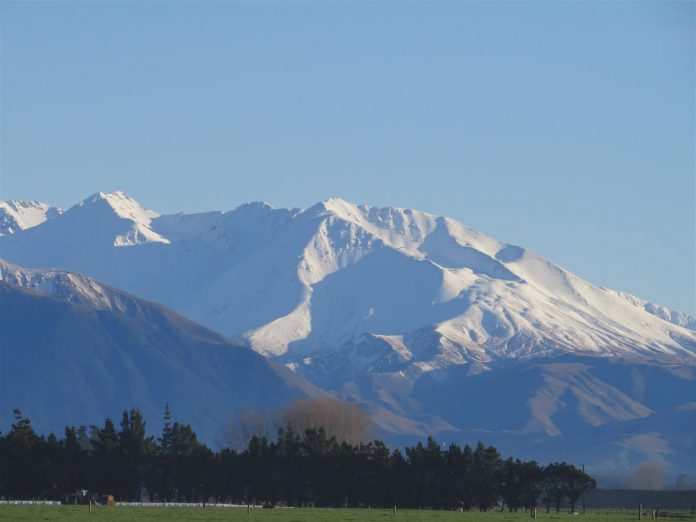
It’s time to step up and tell the regional council Mid Canterbury’s freshwater vision, not the other way round, environmentalist and farmer Phil Everest says.
The engagement is a once in a decade opportunity to have a say on the vision for the freshwater, environmental and community wellbeing outcomes in Mid Canterbury.
But there is only a short time frame to do so with consultation on now, and a draft vision plan due at Environment Canterbury (Ecan) by mid-August.
Mr Everest, a member of the Mid Canterbury Catchment Collective, said Mid Canterbury’s vision needed to be community-led.
‘‘The vision drives all of the policy statements underneath. So if we get our vision the way Mid Canterbury state what vision they want, then Ecan is obliged to make the policies underneath fit that vision,’’ he said.
Rankings under new consenting rules have changed and will see water in the rivers becomes first above all else, potable water becomes second, and other uses become third, Mr Everest said.
‘‘That means that unless the health of the water way is improved by the resource consent that you’re applying for, whether it’s a septic tank or removal of water from irrigation or whatever you like, then it won’t go through.’’
He said it could have major ramifications for the Mid Canterbury community.
‘‘This will be disastrous for the district both in terms of rural and urban. If we can’t renew resource consents then we’ve got a real problem.’’
‘‘It is critical we get the right vision for Mid Canterbury, so that’s why we have set out to canvas the town and the rural people and getting their views.’’
A series of community-led meetings have been happening around the district this month spanning from Hinds to Lauriston, and Dorie to Lake Hood.
The next meetings are today in the Pendarves Hall at 1.30pm, and tomorrow in the Lowcliffe Hall at 11am, the Methven Hall at 1pm and the Lauriston Hall at 1.30pm.
The importance of the people in our community is the key thing that is coming through, he said.
‘‘The importance of our schools, our little communities, our sports clubs, our whole infrastructure in terms of the roading and our facilities in town for our community.
‘‘We are all dependent on each other. The folk in town are hugely influenced by this. If the viability of our little town folds on this, then we are in trouble.’’
Mr Everest said information will be collected at the end of July, collated and put in draft form for community consultation.
It will then be presented to Ecan by mid-August.
Canterbury-wide Ecan has rolled out a consultation process on the national policy statement for freshwater. The policy came out in 2020 and community consultation for it is under way now.
Changes in the policy can affect water or resource consents.
Mid Canterbury Catchment Collective’s Angela Cushnie said ‘‘we would love to see as many of our Mid Canterbury community get together to inform the vision. Community leaders are hosting meetings in the district this month and we invite you to put together a group.
‘‘We can help capture your thoughts to inform the ECan process by the end of July. Or submit directly via [email protected] by the end of August.
‘‘Your views are important because the vision sets the environmental limits and objectives developed in the planning process.
She urged people to have their say, they can call Angela directly on 0276033457 or go to the Mid Canterbury Catchment Collective Facebook page for more information.
Ecan say setting the vision for the community is one of the first parts of the broader implementation of the National Policy Statement for Freshwater Management 2020 (NPS-FM) with the whole process likely to take a number of years.
‘‘We know it is a busy time of year, and about to get busier for some and we also know much of the planning and policy workstreams can largely be influenced by industry groups and ag leaders (if you choose not be involved), however, it is critically important the vision reflects our community values and is genuinely crafted by our community.’’



